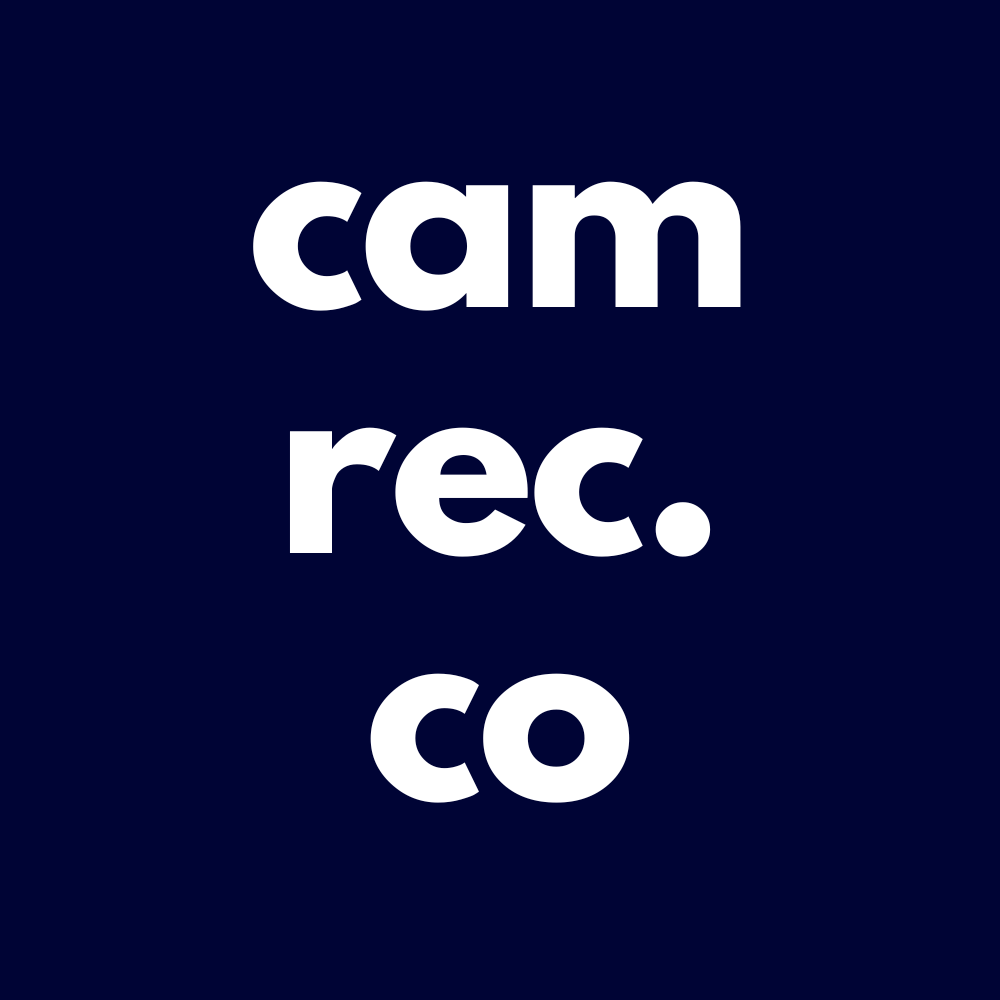The Role of Recruiters in Fostering Diversity: Creating Fair and Representative Candidate Shortlists
Workplace diversity is more than just a trend, it’s a critical factor in building successful, forward-thinking businesses. Companies that prioritise inclusivity benefit from stronger workplace cultures, improved decision-making, and enhanced innovation. But achieving a truly diverse workforce starts with recruitment.
Recruitment agencies play a key role in shaping fair and representative candidate shortlists. By taking an inclusive approach, they help businesses access talent from a wide range of backgrounds, ensuring hiring decisions are based on skills and potential rather than unconscious bias.
So, how can recruiters actively foster diversity?
Why Diverse Candidate Shortlists Matter
Diversity in hiring isn’t just about meeting quotas or ticking boxes. Studies show that diverse teams are more creative, adaptable, and effective at solving complex problems. Different perspectives bring fresh ideas, leading to better products, services, and customer engagement.
From a legal and ethical standpoint, companies must comply with equal opportunity regulations and ensure fair hiring practices. Beyond compliance, fostering diversity strengthens employer branding. Candidates increasingly seek out organisations that value inclusion, making diversity a competitive advantage in attracting top talent.
How Recruiters Can Foster Diversity
Recruiters are uniquely positioned to create balanced shortlists by applying strategies that widen the talent pool and reduce bias. Here are some of the most effective methods:
1. Crafting Inclusive Job Descriptions
Language matters. The way a job advert is written can either encourage or discourage applications from diverse candidates. Recruiters should:
- Avoid jargon and gender-coded words.
- Focus on essential skills rather than rigid experience requirements.
- Clearly communicate the company’s commitment to inclusion.
2. Expanding Sourcing Channels
Traditional job boards may not always reach underrepresented candidates. Recruiters can improve diversity by:
- Engaging with community groups and professional networks focused on diverse talent.
- Using specialist job boards that cater to underrepresented groups.
- Leveraging social media and proactive outreach to connect with passive candidates.
3. Implementing Blind Recruitment
Bias—often unconscious—can influence hiring decisions from the outset. Blind recruitment helps mitigate this by removing identifying information such as names, ages, and educational backgrounds from CVs during the initial screening process. This ensures hiring managers focus on skills, competencies, and experience.
4. Standardising the Interview Process
Unstructured interviews often favour candidates who “fit in” rather than those who bring valuable diversity. Recruiters can support fairer hiring by:
- Using structured interviews with standardised questions.
- Implementing competency-based assessments.
- Encouraging the use of diverse interview panels to minimise bias.
5. Tracking and Refining Diversity Efforts
Measuring diversity within recruitment processes helps identify gaps and areas for improvement. Recruiters should:
- Track candidate demographics at different hiring stages.
- Gather feedback from candidates to assess inclusivity in the hiring process.
- Continuously refine sourcing and screening methods to improve fairness.
The Business Impact of a Diverse Workforce
Investing in diverse hiring practices brings long-term benefits, including:
Improved Performance – Diverse teams consistently outperform homogenous ones, leading to stronger financial results and innovation.
Stronger Employer Brand – Companies known for inclusivity attract top talent and gain a competitive hiring advantage.
Higher Employee Satisfaction – Inclusive workplaces boost engagement, productivity, and retention. Employees who feel valued are more likely to stay.
Final Thoughts
Recruiters have a responsibility—and an opportunity—to drive diversity in hiring. By taking a strategic and proactive approach to creating fair, representative candidate shortlists, they help companies build stronger, more successful teams.
For businesses looking to improve their diversity efforts, partnering with an external recruitment firm that prioritises inclusivity can be a game-changer. A diverse workforce isn’t just good for business—it’s essential for creating a fairer job market for all.

